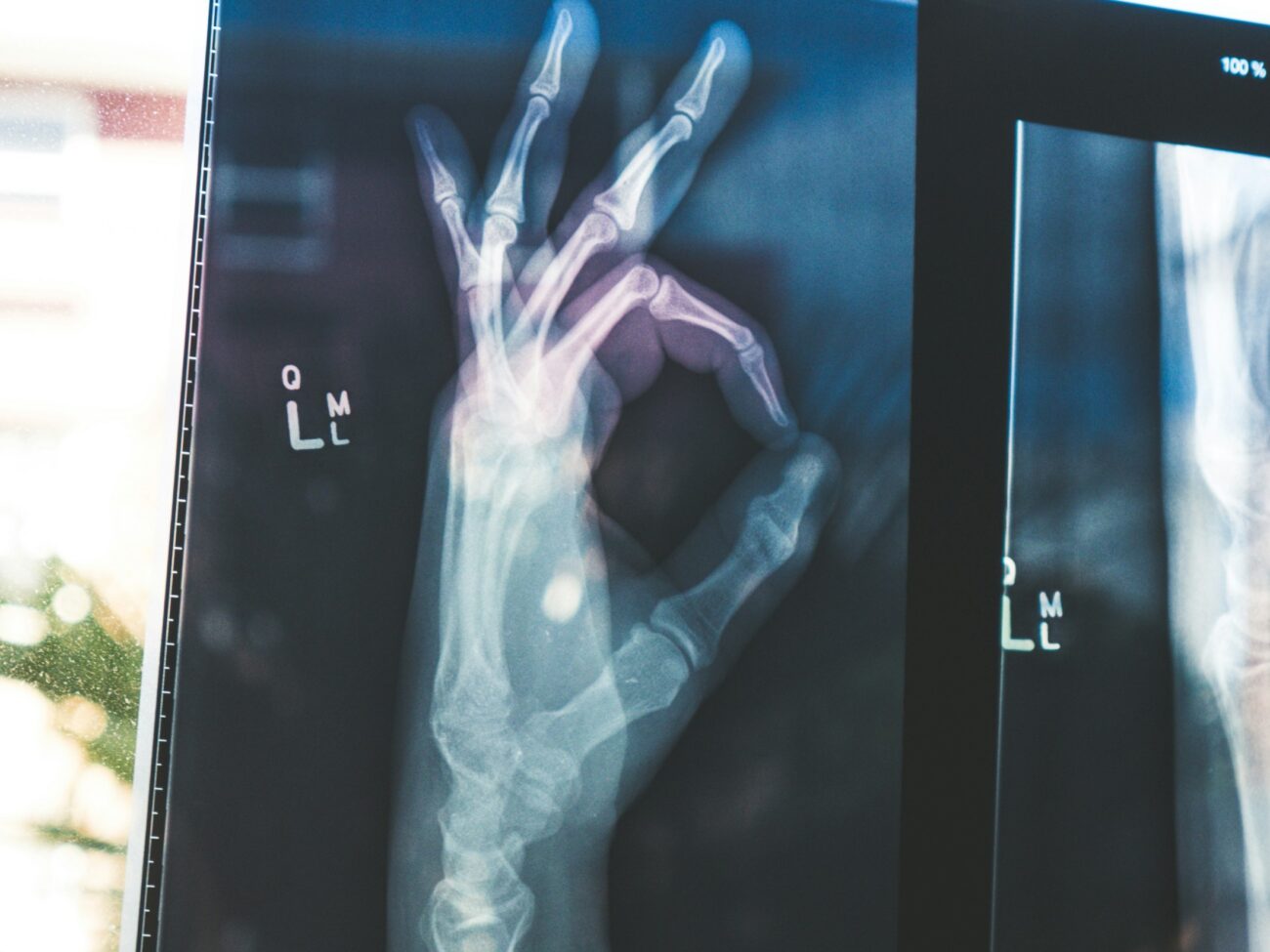Google’s New AI Models: A Game-Changer for Healthcare
Google just made waves in the healthcare world by opening up their MedGemma AI models for developers. Forget pricey APIs—now, hospitals, researchers, and developers can access high-powered tools that could revolutionize how we approach healthcare. Let’s dive into why this is such a big deal.
Unlocking Potential with MedGemma
Imagine not just reading medical texts but actually “seeing” medical images like a seasoned doctor. That’s where the flagship MedGemma 27B model comes into play. It doesn’t just process text; it digests medical images too—think chest X-rays, pathology slides, and years’ worth of patient records. This model hit an impressive score of 87.7% on MedQA, which means it’s almost rivaling much more expensive counterparts but comes at a fraction of the cost.
For cash-strapped healthcare systems, this could be transformative. Smaller hospitals can finally access cutting-edge technology that was once unattainable. Let’s face it; when was the last time you heard of an affordable solution that could improve diagnostic capabilities?
MedSigLIP: The Featherweight Champion
Now, let’s talk about MedSigLIP. At just 400 million parameters, it might sound tiny compared to its heavyweight AI counterparts, but it packs a punch. Trained specifically to analyze medical images, it can detect patterns and features that general models miss.
Picture this: You show MedSigLIP a chest X-ray and ask it to find similar cases. It doesn’t just find duplicates—it understands their medical significance. That’s a whole new level of smart. In early tests, professionals have touted its accuracy for guiding patient care. This is just the kind of support overworked radiologists need. Imagine feeling like you’ve got a super-smart assistant on your side!
Real-World Implementation: Grab Your Tools
The real proof of any AI tool? It’s not just the tech specs, but whether healthcare professionals actually want to use it. First reports show that doctors at places like DeepHealth in Massachusetts are all in for MedSigLIP, using it to catch potential problems missed by human eyes. Meanwhile, researchers at Chang Gung Memorial Hospital in Taiwan are leveraging MedGemma for traditional Chinese medical texts. Talk about versatility!
In India, Tap Health found that MedGemma doesn’t just mimic medical jargon; it understands when context is key. It’s the difference between sounding medical and actually thinking medical. That’s a massive leap in reliability when human lives are at stake.
Why Open-Sourcing Matters
So, why is Google sharing these models instead of keeping them under wraps? The healthcare sector has unique needs that conventional AI just can’t meet. Privacy, data security, and customization are crucial. Hospitals must ensure patient data stays in-house, while researchers often require stable, predictable models that won’t throw a curveball.
By open-sourcing these tools, Google allows hospitals to run MedGemma on their servers, customizing it to fit their needs. They’re not just gaining a tool; they’re getting the keys to a whole new realm of possibilities. Plus, the models are designed to run on standard hardware, even mobile devices. That opens doors for point-of-care applications where high-tech setups are a luxury.
Caution on Deployment
Now, before you get too excited, let’s keep things real. Google emphasizes that these models aren’t here to replace doctors. They’re just tools that need human oversight and validation. AI can stumble, particularly with edge cases. After all, it can process loads of info and spot trends, but it can’t replace the nuanced judgment and ethical responsibility that human doctors provide.
Wrapping Up
In summary, Google’s MedGemma and MedSigLIP AI models mark a significant breakthrough for accessible healthcare technology. These tools don’t just elevate diagnostic capabilities for top-tier hospitals; they open doors for smaller facilities and developing nations struggling with healthcare challenges. This is a much-needed boost as we navigate staff shortages and increased patient loads.
So, what are your thoughts on this game-changing shift in healthcare tech? Want to learn more about similar advancements? Let us know!
